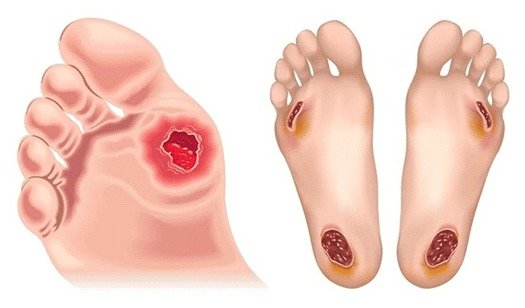Did you know? Our feet can offer valuable insights into our cardiovascular health.
Foot circulation plays an important role in our overall well-being. It’s not just about comfort, but poor circulation in the feet can be an indicator of underlying cardiovascular issues. The heart pumps blood throughout the body, and when circulation is compromised, it can affect the extremities, including our feet.
Reduced blood flow may lead to symptoms like cold feet, numbness, tingling, or slow-healing wounds. Below are some tips to manage the same:
Keeping an eye on foot health isn’t just about comfortable steps-it’s a window into our cardiovascular system. Issues like peripheral artery disease(PAD) can manifest in the feet first. Hence, it is important to make routine foot checks an essential part of cardiovascular health monitoring.

Incorporating habits that promote good circulation, such as regular exercise, maintaining a healthy diet, managing blood pressure and cholesterol levels and avoiding smoking, can positively impact both foot health and cardiovascular well-being.
Diabetes, a condition characterized by elevated blood sugar levels, can affect the feet and increase the risk of cardiovascular problems. Diabetes is a significant risk factor for both peripheral arterial disease and coronary artery disease.
In individuals with diabetes, foot ulcers can develop due to nerve damage (peripheral neuropathy) and reduced blood flow. If left untreated, foot ulcers can lead to infections and complications. Diabetes itself is a major risk factor for cardiovascular disease.

Chronic inflammation is linked to cardiovascular diseases. Conditions like rheumatoid arthritis, which can affect the feet, are associated with an increased risk of cardiovascular events.
Problems with venous circulation can also impact foot health. Chronic venous insufficiency can lead to swelling and ulceration in the lower limbs.
Some studies have explored the relationship between foot pulse wave velocity (the speed at which a pulse wave travels through the foot arteries) and cardiovascular health. Elevated foot pulse wave velocity is associated with arterial stiffness, a predictor of cardiovascular events.
If you note persistent foot pain, changes in skin colour or temperature or slow-healing wounds, its crucial to consult a health care professional. Early detection and management can significantly reduce the risk of complications and improve overall health.
Regular check-ups, especially for individuals with diabetes and other cardiovascular risk factors, are essential for maintaining overall health and addressing potential issues in both the cardiovascular system and the feet.
Dr. DURGA SARAVANAN (PT., MSc Sports biomechanics and kinesiology)

